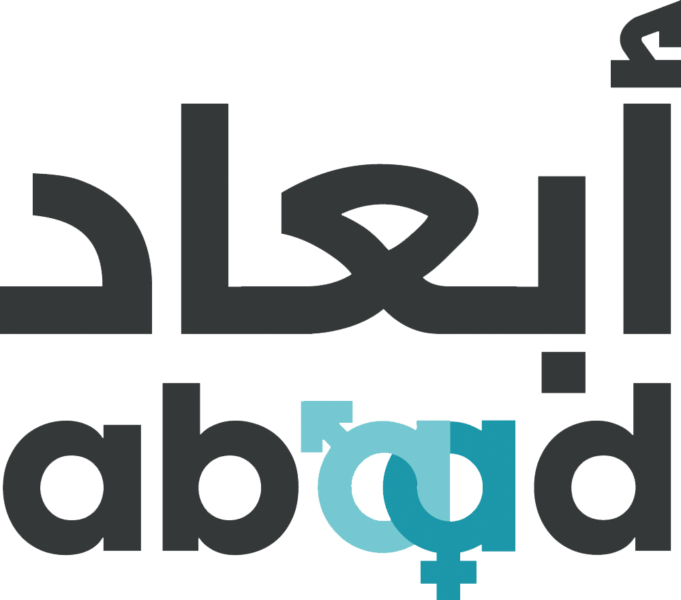This month, as part of the Consortium for Elections and Political Process Strengthening (CEPPS)’s International Women’s Day celebration, we will be highlighting our global commitment to women’s empowerment and inclusion in political processes by recognizing the essential work of the CEPPS partners dedicated to advancing women’s political participation. In this partner spotlight series, we are highlighting some of our local civil society partners around the world who are at the forefront of fighting for gender equality and inclusion.
ABAAD– Resource Center for Gender Equality is a Lebanon-based civil society organization working to achieve gender equality as an essential condition to sustainable social and economic development in the MENA region. As a leading actor on gender equality in the region, ABAAD partners with local, regional and international entities that promote gender equality, peacebuilding, and sustainable development. With the Lebanese Ministry of Social Affairs, ABAAD co-chairs the National Technical Task Force to End GBV against Women and Girls and is also a member of the Men Engage Global Network, which works collectively and individually toward advancing gender justice, human rights, and social justice.
My name is Mohamad Mansour and I am Deputy Director ABAAD. ABAAD– Resource Center for Gender Equality, established in 2011, is a UN ECOSOC accredited organization that aims to achieve gender equality as an essential condition to sustainable social and economic development in the MENA region. I joined ABAAD in 2018 as a Senior Director of Programs and was appointed as a Deputy Director in 2019.

The main challenge to the political participation of women in Lebanon is the women’s political empowerment itself. Too much current programming risks minimizing the role of women in Lebanese politics by focusing on training women on how to run a successful campaign without tackling the presence of the sociocultural barriers that prevent women from entering the political space. Additionally, there is lack of legal and policy frameworks that secure women’s civic and political rights, and a need for greater women’s political participation programming that focuses on issues around gender identity as an essential component to fostering this participation.
We support partners and public institutions to tackle the basis of inequalities. We join forces with other women’s organizations and coalitions working on increasing women’s political participation to design programs that tackle these issues. Furthermore, we mainstream a women, peace, and security lens in all our prevention and service delivery programs.
According to the World Economic Forum’s 2020 Global Gender Gap Report, Lebanon has one of the lowest rates of women’s labor force participation, at 29% for women compared to 76% for men [Adding the effect of the COVID-19, and exacerbated by the Beirut Blast, UN Women estimates that women’s economic participation will decrease by 14-19% overall].
This is against the backdrop where women are treated as second class citizens, with no economic, social, or political independence from men and which reflects enormous sociocultural barriers that prevent their effective and meaningful participation. Therefore, at ABAAD we address those barriers by engaging men as allies, working on the root causes that prevent women’s meaningful participation in all aspects of life. In addition to seeking to empower women by highlighting gender gaps and differences, ABAAD is working on policies and legislation and on building the capacity of relevant stakeholders on means of effective and meaningful participation, especially through ensuring a women, peace, and security lens in our programming and intervention strategies.
ABAAD understands gender equality to be a society in which: